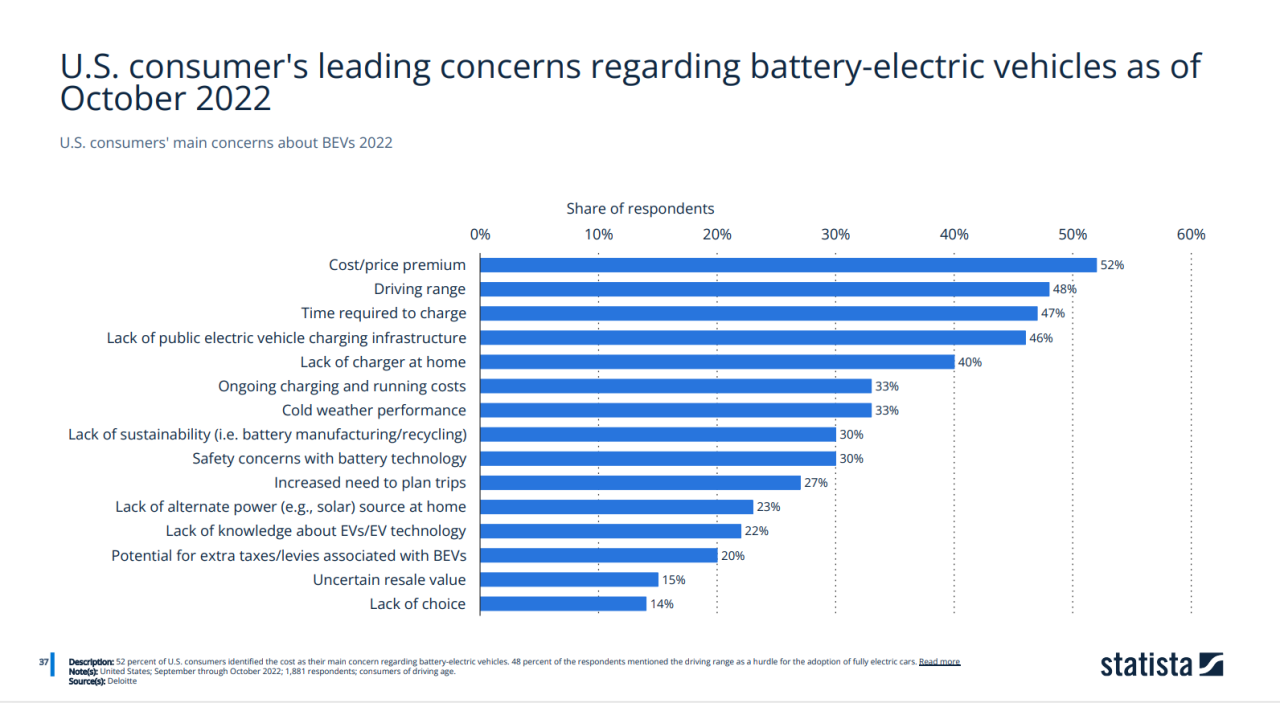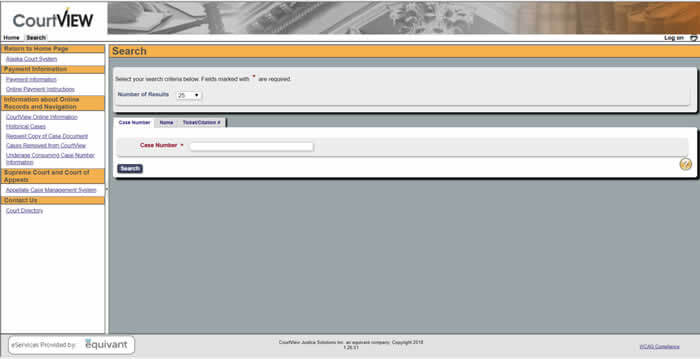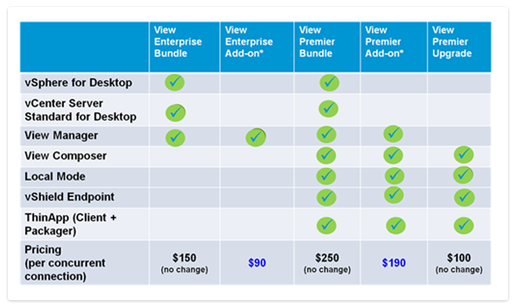Resistance To Electric Vehicle Regulations Grows Among Car Dealers

Table of Contents
Financial Concerns Driving Dealer Opposition to EV Regulations
The core of the resistance stems from the substantial financial burden placed on dealerships by EV regulations. Adapting to the new EV landscape demands significant upfront investments, impacting profitability and posing a serious challenge to many dealerships.
- High Infrastructure Costs: Installing the necessary charging infrastructure, including Level 2 chargers for home use and DC fast chargers for public access, requires considerable capital investment. The cost varies greatly depending on location, power grid capacity, and the number of chargers installed. This is a significant hurdle for smaller dealerships with limited financial resources.
- Specialized Technician Training: Maintaining and repairing EVs requires specialized training and tools, differing significantly from servicing internal combustion engine (ICE) vehicles. Dealerships need to invest in retraining their existing technicians and potentially hiring new, specialized personnel, adding to their operational expenses.
- Lower Profit Margins: Currently, the profit margins on EVs are often lower compared to gasoline-powered vehicles. This is due to several factors, including higher initial purchase prices for EVs and potentially lower service revenue due to simpler EV mechanics. This squeezed profit margin makes it harder for dealerships to justify the investment in EV infrastructure and training.
- Inventory Management Challenges: The shift to EVs necessitates a change in inventory management. Dealerships face the risk of depreciation on their existing ICE vehicle stock as demand for gasoline cars declines, putting pressure on their cash flow and profitability.
Challenges in Adapting Sales and Service Models for EVs
Beyond the financial hurdles, dealerships face significant operational challenges in adapting their sales and service models to the unique characteristics of EVs.
- Altered Sales Process: The EV sales process differs considerably from the traditional car sales experience. Sales cycles tend to be shorter, requiring dealerships to adapt their sales strategies and customer interactions to meet the needs and expectations of EV buyers. Educating potential buyers on charging options, range anxiety, and government incentives is crucial.
- Specialized Service Requirements: Servicing EVs requires specialized diagnostic tools and trained technicians. Unlike traditional combustion engine vehicles, the repair process is less labor-intensive which translates to lower service revenue for the dealership. Dealerships must invest in the necessary equipment and training to effectively handle EV maintenance and repairs.
- Addressing Consumer Concerns: Many potential EV buyers harbor anxieties about range, charging infrastructure availability, and charging times. Dealerships need to effectively address these concerns through educational initiatives, transparent communication, and showcasing the advantages of owning an EV. This requires a shift in marketing and sales strategies to attract EV-conscious consumers.
The Role of Government Incentives and Support in Addressing Dealer Concerns
Government intervention is critical to mitigating the resistance from car dealerships and fostering a smooth EV transition. Targeted incentives and support programs can play a vital role in encouraging dealerships to embrace EVs and the necessary infrastructure.
- Financial Incentives: Tax credits and rebates for dealerships investing in EV charging infrastructure, training programs, and inventory adjustments can significantly ease the financial burden.
- Training and Education: Government-funded training programs for EV technicians are essential to bridge the skills gap and ensure qualified personnel are available to maintain and repair electric vehicles.
- Marketing Support: Government support for marketing and promotional campaigns aimed at increasing consumer awareness and acceptance of EVs can also contribute to increased sales.
- Regulatory Streamlining: Streamlining the regulatory processes for installing charging infrastructure can reduce delays and costs, making the transition easier for dealerships.
The Long-Term Impact of Resistance to Electric Vehicle Regulations
Continued resistance to electric vehicle regulations carries severe long-term consequences, impacting not only the automotive industry but also broader environmental and economic goals.
- Environmental Impact: Slowed EV adoption rates directly translate to slower progress towards environmental sustainability goals, increasing reliance on fossil fuels, and exacerbating climate change.
- Economic Implications: Resistance hinders the economic growth potential within the burgeoning EV sector. Missed opportunities for innovation, job creation, and technological advancement are significant risks.
- Market Disruption: A failure to adapt to the EV transition may lead to market disruptions, potentially forcing consolidation among dealerships, and impacting the livelihood of many in the industry.
Conclusion: Navigating the Resistance to Electric Vehicle Regulations
The resistance to electric vehicle regulations among car dealerships highlights a critical juncture in the automotive industry's transition to sustainable transportation. Addressing the financial and operational challenges faced by dealerships is crucial for a successful EV transition. Collaborative efforts between policymakers, industry stakeholders, and dealerships are paramount. Government incentives, targeted support programs, and open dialogue are essential to bridge the gap between regulatory requirements and dealer concerns, accelerating electric vehicle adoption and paving the way for a cleaner, more sustainable future. Proactive strategies to address the concerns surrounding electric vehicle regulations are crucial for a smooth transition to electric vehicle adoption.

Featured Posts
-
 The Bold And The Beautiful Spoilers Hopes Double Shocker Liams Promise To Steffy And Lunas Game Changing Move
Apr 24, 2025
The Bold And The Beautiful Spoilers Hopes Double Shocker Liams Promise To Steffy And Lunas Game Changing Move
Apr 24, 2025 -
 Office365 Data Breach Millions In Losses Criminal Charges Filed
Apr 24, 2025
Office365 Data Breach Millions In Losses Criminal Charges Filed
Apr 24, 2025 -
 Significant V Mware Price Increase Proposed By Broadcom At And Ts Response
Apr 24, 2025
Significant V Mware Price Increase Proposed By Broadcom At And Ts Response
Apr 24, 2025 -
 Brett Goldstein On Ted Lasso Season 3 A Comeback From The Brink
Apr 24, 2025
Brett Goldstein On Ted Lasso Season 3 A Comeback From The Brink
Apr 24, 2025 -
 Google Fi Launches Affordable 35 Unlimited Data Plan
Apr 24, 2025
Google Fi Launches Affordable 35 Unlimited Data Plan
Apr 24, 2025
